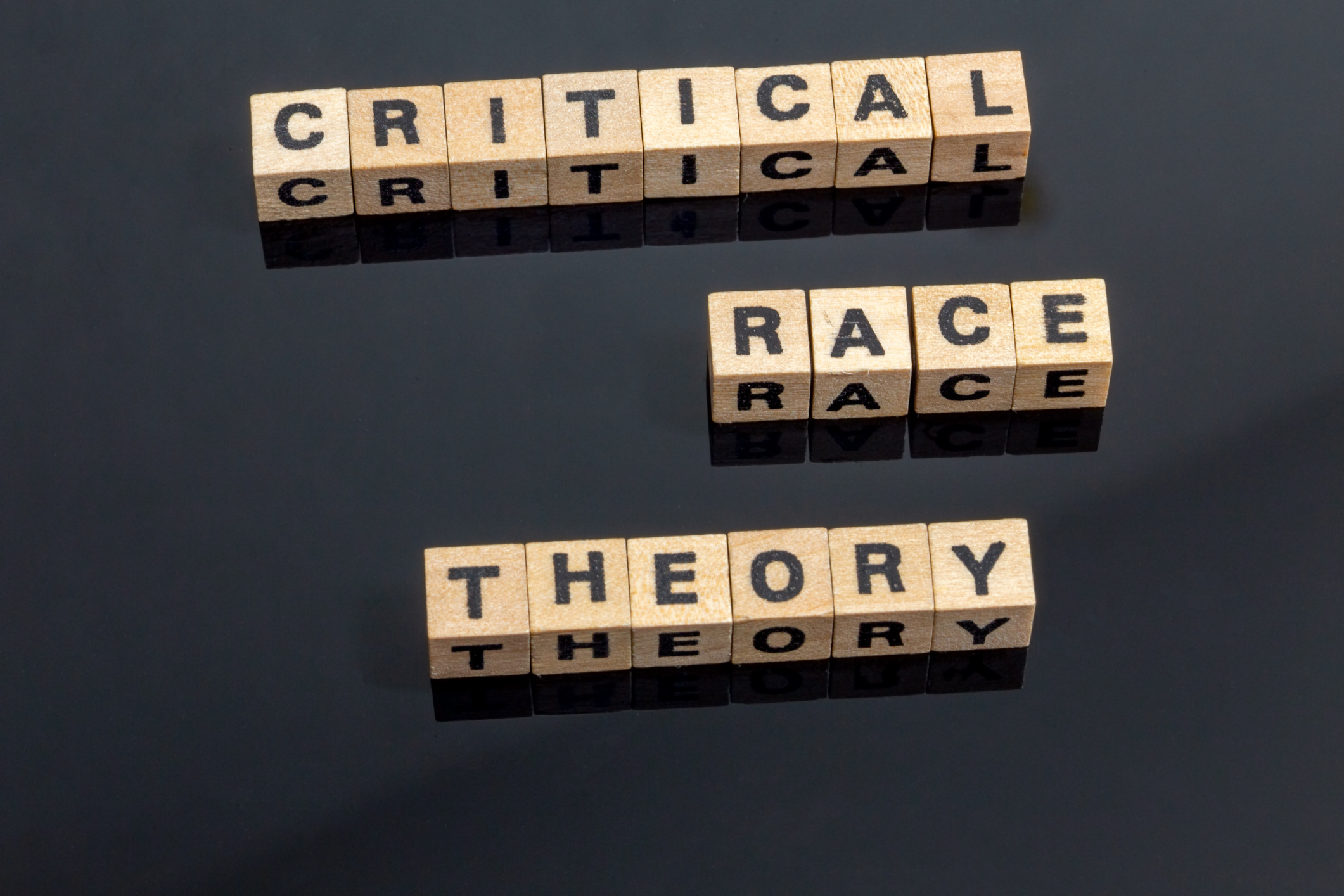DEI and CRT in LCSD
News Based on facts, either observed and verified directly by the reporter, or reported and verified from knowledgeable sources.
How an alphabet soup of academic terms has been politicized to bring Lakeland Central School District (LCSD) — like so many in America — to the boiling point

Good morning! Today is Monday, July 25, and you are reading today’s section of Examiner+, a digital newsmagazine serving Westchester, Putnam, and the surrounding Hudson Valley.
Need to subscribe — or upgrade your Examiner+ subscription to enjoy full access to all of our premium digital content? Take advantage of our special FREE TRIAL OFFER.
Take Examiner+ on a test drive today at NO CHARGE for a full month. Enjoy full membership-level access to all of our premium local content, delivered straight to your inbox six times a week.
Today’s presenting sponsor of Examiner+ is Rock White Plains.


If you ask parents and students in the Lakeland Central School District (LCSD) when they first remember discussions of Diversity, Equity, and Inclusion (DEI) drawing ire and outrage from some members of the community, the majority will point to the summer of 2020.
Following George Floyd’s murder at the hands of police, a group of Lakeland alumni came together to push the district into action on racial justice. While a march in June 2020 was attended by hundreds of students, parents, teachers, and community members, and an online petition garnered over 1,300 signatures, calls for tangible change district-wide also invited antagonism from those opposed to DEI efforts.
Karen Haines-Pressman, a former Lakeland Board of Education trustee and co-founder of Lakeland RISE (Residents in Support of Education), recalls attending the June march and rally outside the district’s administrative office and feeling excited about the district prioritizing DEI efforts.
“I and another school board member, Robert Mayes, attended that march with the alumni and students and really got a feeling for what they were experiencing,” Haines-Pressman says. “At that time, we were hiring a new superintendent. Dr. [Brendan] Lyons was ultimately the one that we selected, and he was very committed to the work.”
“I was super excited because I thought [DEI] was really important, and our students, teachers, and staff who were at that rally made it clear this was important to them as well,” Haines-Pressman adds. “But, over time, you started to see people who were uncomfortable with this work.”
By the spring of 2021 — and into the summer and fall — Haines-Pressman says tensions around DEI continued to escalate.
“We hired a new superintendent who was very interested in pursuing DEI work at a district level,” Haines-Pressman explains, adding that remote learning, mask mandates, and the ongoing pandemic compounded division in the community.
Around this time, New York’s Board of Regents also urged all districts to develop policies to promote DEI, launching a DEI initiative and offering a Culturally Responsive-Sustaining (CR-S) Education Framework. Critics of CR-S said the framework would divide students based on race and demonize white people.
“All of these things came together and created a hostile environment in our district,” Haines-Pressman says.
Vanessa Spiegel lives in Westchester and is a teacher in the Bronx. In the summer of 2021, she founded Teach the Truth Westchester, a grassroots coalition of concerned citizens dedicated to supporting schools and teachers in creating an academic environment that accurately recounts history.
“I think this was all bubbling underneath the surface nationally for a while and came to the surface with the anti-critical race theory (CRT) bills across the country, the national conservative movement, and the Regents publishing their Culturally Responsive-Sustaining Education Framework,” Spiegel says. “Teach the Truth Westchester really got started by supporting each other at school board meetings where we were seeing a lot of the anti-CRT, DEI, and CR-S issues being discussed.”
Sabbi Gale-Donnelly, a rising senior at Walter Panas High School, says while she was peripherally aware of political disagreement and contention between members of the Lakeland community in the months following George Floyd’s murder, it wasn’t until a year later that she became aware of organized efforts to stifle any DEI efforts in the district. Often, this opposition is framed as the fight against “indoctrination” or CRT.
“At the board meeting where each [DEI] subcommittee proposed an itemized agenda for the following school year, there was a very clear and organized effort which had gathered to very publicly voice their opposition to any agenda at all, regardless of what was on it,” Gale-Donnelly says.
During a July 2021 meeting, members of the Lakeland chapter of Save Our Schools for Westchester Children — a conservative advocacy network that opposes CRT, DEI, and CR-S in their entirety — adamantly spoke against introducing the CR-S framework and forming a DEI team to oversee and implement curriculum changes.
At that meeting, some speakers called for Dr. Lyons’ resignation. Months later, they got what they’d hoped for.
In late September, Dr. Lyons abruptly resigned after only 14 months in the position — many believing his decision was connected to ongoing opposition to DEI.
Angela Barone Sculti, founder and CEO of Save Our Schools for Westchester Children, said Dr. Lyons’ departure affirmed “the efforts of the community members and parents who have been fighting for transparency to ensure that the children of Lakeland Central School District will not be indoctrinated.”
Today’s supporting sponsor of Examiner+ is Manhattanville College.

CRT, explained
Critical race theory is a legal academic framework that was developed and honed in the 1970s and 1980s by a diverse group of legal scholars, including Derrick Bell, Kimberlé Crenshaw, and Richard Delgado, among others.
The framework analyzes the ways in which American social institutions — ranging from the criminal justice system to the housing market — are rife with racism embedded in laws, regulations, rules, and procedures that lead to different outcomes and inequalities by race.
The framework does not attribute racism to white people as individuals or even to entire groups of people. Instead, it highlights the historical, systemic racism that shaped and still permeates contemporary American society.
Its opponents, however, miss this distinction and interpret the framework as calling individual people — and, by proxy, their school-aged children — responsible for systemic racism. Many reject the idea that systemic racism exists in the United States altogether.
So how did CRT make its way from scholarly circles to being debated in K-12 school districts?
Shirley Lin, an associate professor at Brooklyn Law School who teaches critical race theory to law students, believes far-right and conservative groups are intentionally misusing CRT to oppose truthful teaching about racism and other forms of social inequality in schools.
“It seems like anything that can fall under the wide umbrella of making white children feel guilty has fallen into this trap,” Spiegel says.
Indeed, the Heritage Foundation, a conservative organization, attributed a wide range of issues to CRT, including the 2020 Black Lives Matter protests, LGBTQ+ clubs in schools, diversity training, California’s ethic studies model curriculum, and the free speech debate on college campuses.
Today, opponents are mainly using the term critical race theory as a catchall to include anything related to teaching students about systemic racism, white privilege, accurate American history, LGBTQ+ issues, gender identity, and sexual orientation. As a result, any diversity, equity, and inclusion efforts are opposed.
“They seek to undo DEI programming in schools, even when they are integral to our children’s education and equip them to have conversations that are socially important,” Lin says.
Conservative organizations like Save Our Schools and Moms for Liberty — whose Westchester chapters each did not respond to multiple interview and comment requests in time for publication — have mobilized concerned parents across the country.
At the same time, bills seeking to prevent teachers from teaching “divisive subjects” have been introduced in nearly every state — including in New York.
“Ironically, it is the so-called anti-DEI proponents who are divisive, rather than our teachers who worked tirelessly to make classroom content more accurately reflect reality,” Lin says.
State Assemblyman Kevin Byrne (R-94), a candidate for Putnam County Executive, is a co-sponsor of a proposed bill that would prohibit instruction on critical race theory in New York schools.
“I have been clear in my opposition against any form or variation of critical race theory being taught to our young people, which labels people or assumes privilege based on race or any other immutable characteristic,” Assemblyman Byrne said in a written statement to Examiner+. “Assemblyman Schmitt’s legislation does an excellent job in a clear and concise manner, without sensationalism, to ensure these kinds of divisive doctrines stay out of our classrooms.”
Stephen Crociata, a Lakeland parent, believes efforts to implement DEI shouldn’t be a divisive political issue.
“It’s not an indoctrination tactic. We’re not telling anyone how to feel. You’re teaching facts,” Crociata says. “[Anti-CRT] is a big political narrative. You’re putting [that] into school districts and then putting the kids in the middle of that.”
Lin highlights that the national anti-CRT campaign is well-financed, with high-profile conservative organizations and activists across the country fueling a movement that trickles down into local communities and school board meetings.
“Christopher Rufo of the Manhattan Institute launched the campaign to leverage discomfort or lack of awareness among parents about educational content that reflects all races’ experiences with inequality, and mislabeling the content as CRT,” Lin explains. “The endgame is to hijack educational curricula and manipulate school boards into undoing the progress we have made.”
Locally, this has been seen through attempts to ban library books in Yorktown, calling a Croton-Harmon High School sex ed lesson on consent into question, and two years of division about DEI efforts in Lakeland.
Next week, in part two of our story, the Lakeland School Board becomes a local battleground for the national CRT political debate.
Examiner Media is a proud participant in The Trust Project.
CLICK HERE to review our best practices and editorial policies.
This piece is a news article. CLICK HERE to learn about our definitions for types of stories.
We welcome corrections, story ideas, and general feedback. CLICK HERE to use our actionable feedback form.

Examiner Media – Keeping you informed with professionally-reported local news, features, and sports coverage.

